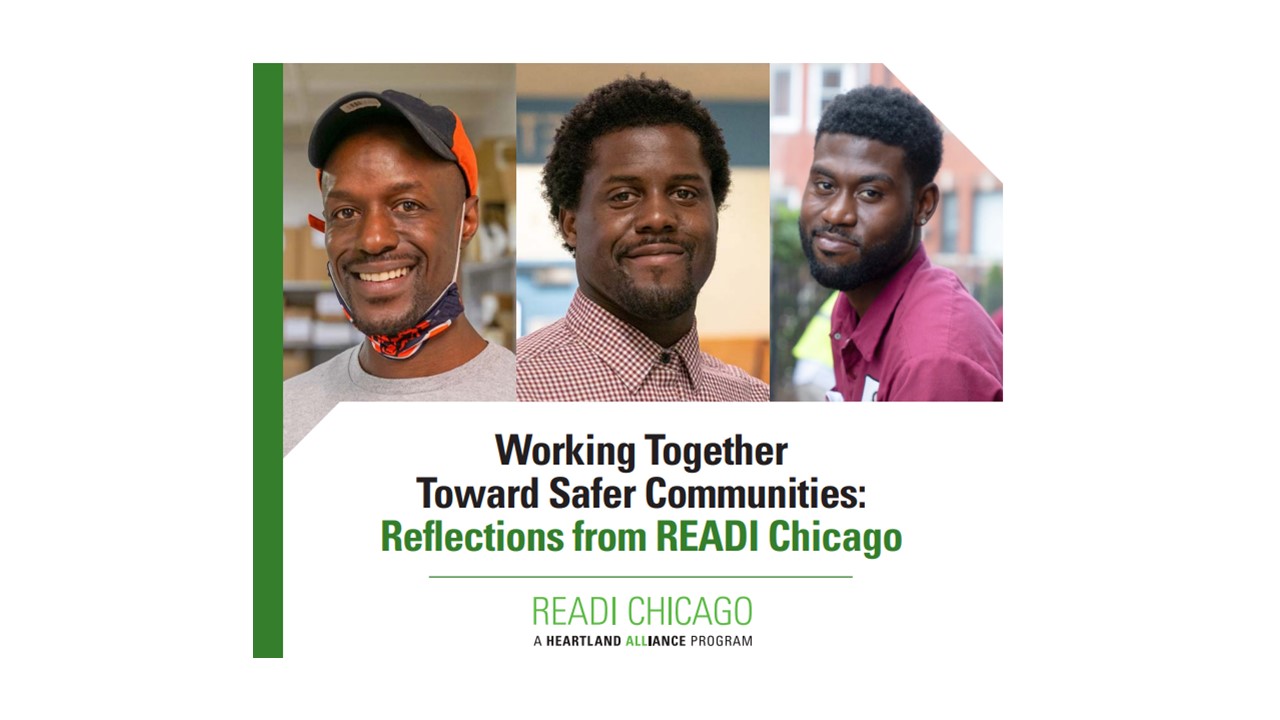Predicting and Preventing Gun Violence: An Evaluation of READI Chicago

Intentional gun violence injures or kills 170 people a day in the U.S., with young Black men over 20 times as likely to die as White men of the same age. Despite gun violence’s enormous health and social costs, there is little settled evidence on effective strategies to prevent shooting and homicide involvement—especially ones that avoid the social costs of stepped-up law enforcement. This randomized experiment aims to provide such evidence by first identifying those at highest risk for gun violence and then testing the effectiveness of a cognitive behavioral-informed social service intervention designed to reduce their involvement in shootings and other serious violence.
Abstract
Young Black men are 20 times as likely to be fatally shot than their White counterparts, and more lose their lives to homicide than the next nine leading causes of death combined (CDC 2020). Chicago, which saw homicides spike by over 50% in 2016 and 2020, is a stark example of this problem: over 90% of cases involved a firearm. As in many cities, the victims are overwhelmingly young Black men from a handful of disadvantaged neighborhoods. Despite the extremely high social cost generated by this kind of violence, few interventions have considered the effectiveness of finding those most likely to be involved in shootings, and providing them with economic, behavioral, and personal support services instead of more law enforcement.
This project is a randomized controlled trial (RCT) of a new intervention for men at the highest risk of gun violence, designed to test a behaviorally-informed, social service-based approach. The Rapid Employment and Development Initiative (READI) identifies men in Chicago at the highest risk of being involved in a shooting via three methods: machine learning predictions based on administrative arrest and victimization records; referrals from street outreach staff working in the communities served; and screening among those leaving prison and jail. READI then provides 18 months of supported, subsidized work alongside cognitive behavioral therapy (CBT) and personal development programming. READI builds on evidence from prior RCTs of CBT- based programming that find it can dramatically reduce violence and other criminal behavior (Blattman et al., 2017; Heller et al., 2017), suggesting it may be possible to reduce the most socially costly forms of violence without incurring the collateral costs of stepped-up law enforcement efforts. Over three years, 2,456 men were randomly assigned either to a treatment group offered READI or a control group free to pursue other available services. This is the largest RCT of an individual-level gun violence intervention conducted to date.
The study’s primary goal is to measure impact results on serious violence involvement and other criminal behavior using administrative arrest and victimization records. The rich data sources and experimental design also gives us the opportunity to learn how well each of the recruitment methods anticipates actual shooting and violence involvement. Since there could be a trade-off between a participant’s risk level and their responsiveness to treatment, the variation in risk, take-up rates, and program impacts across recruitment methods will also be analyzed for socially optimal targeting. Lastly, impact results, qualitative data collection, and a benefit-cost comparison will be combined to draw out broader policy implications about cities’ efforts to address the enormous social costs of serious violence.
Learn more about READI Chicago.
An initial policy brief with early signs of READI’s impact is available here.